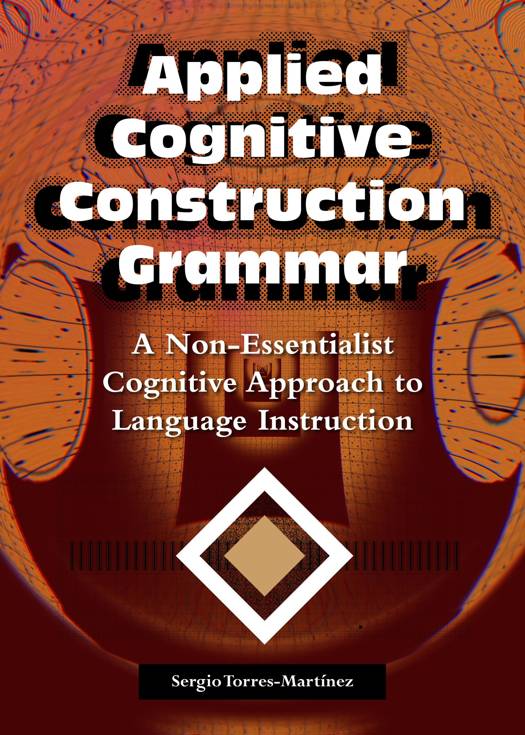
- Afhalen na 1 uur in een winkel met voorraad
- Gratis thuislevering in België vanaf € 30
- Ruim aanbod met 7 miljoen producten
- Afhalen na 1 uur in een winkel met voorraad
- Gratis thuislevering in België vanaf € 30
- Ruim aanbod met 7 miljoen producten
Applied Cognitive Construction Grammar: A Non-essentialist Cognitive Approach to Language Instruction E-BOOK
Applications of Cognitive Construction Grammar, #2
Sergio Torres-MartínezOmschrijving
The purpose of this volume is to dispel some potential misconceptions about the
status of Applied Cognitive Construction Grammar with regard to SLA and SLA
research. This is important because, as we will see, most of the applied cognitive
approaches on offer seek to align the insights of cognitive research with the essentialist SLA paradigm. SLA essentialism is the idea that observable or elicited performance reveals facts about non-observable mental representations. These facts are taken to be laws of sorts about the linguistic module and how L2 learners almost always fail to achieve a native-like proficiency. In point of fact, SLA has been criticized for propounding a view of L2 acquisition as a process of defective appropriation of the linguistic code among late learners. In this sense, SLA insiders like Ortega (2018) see in (psychological) essentialism the sole way toward the postulation of some truths about language learning and processing. As Ortega concedes, SLA researchers have been reluctant to ask questions about the nature of language or to provide a model of mind that supports their assertions about speakers' L2 use. In contrast to this reductionist view, I intend to show that applied cognitive approaches to language instruction do need to have a solid theoretical background that goes beyond performance to explain linguistic usage.
Specificaties
Betrokkenen
- Auteur(s):
- Uitgeverij:
Inhoud
- Taal:
- Engels
- Reeks:
Eigenschappen
- Productcode (EAN):
- 9781393902829
- Verschijningsdatum:
- 2/01/2021
- Uitvoering:
- E-book
- Beveiligd met:
- Adobe DRM
- Formaat:
- ePub

Alleen bij Standaard Boekhandel
Beoordelingen
We publiceren alleen reviews die voldoen aan de voorwaarden voor reviews. Bekijk onze voorwaarden voor reviews.











